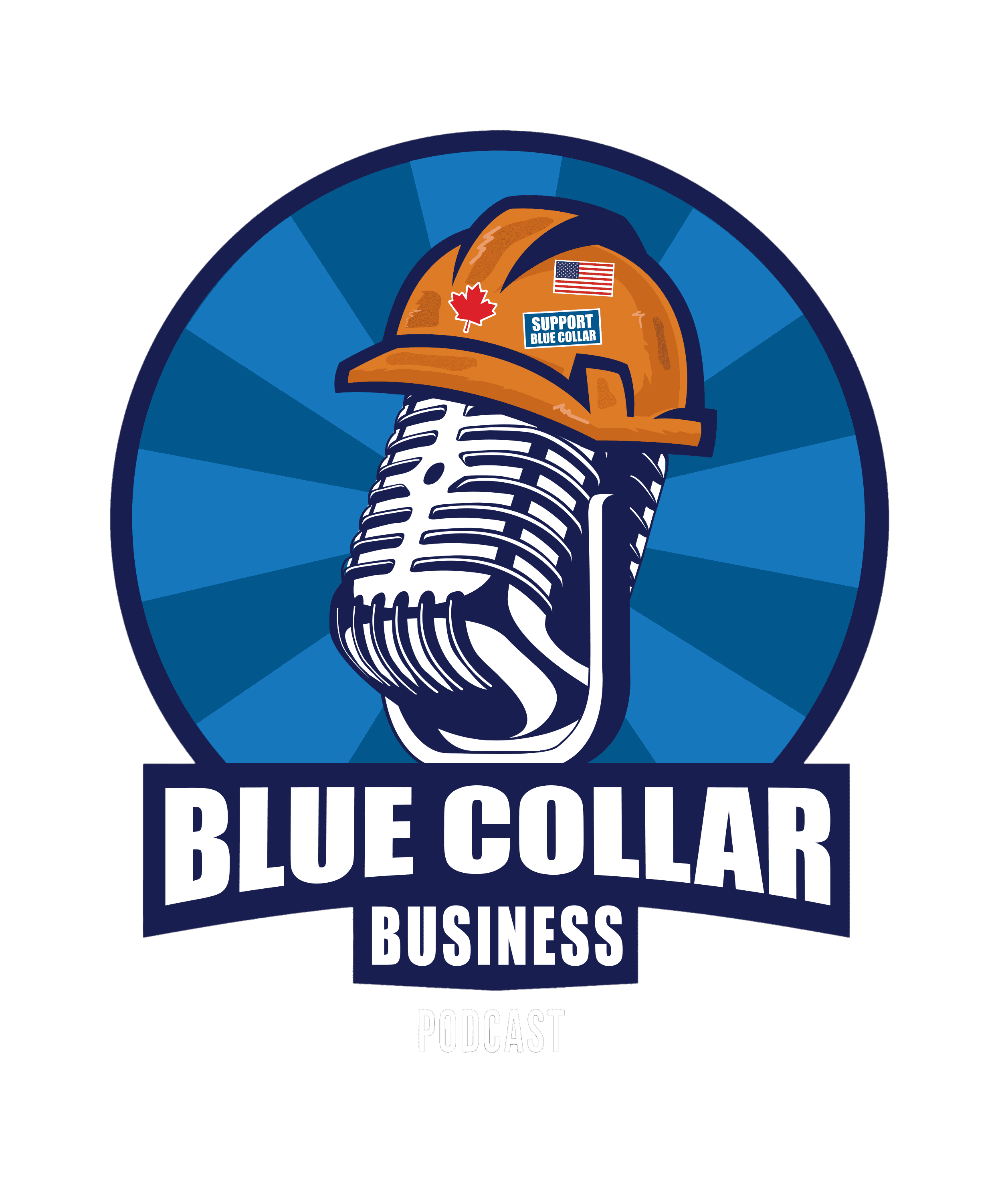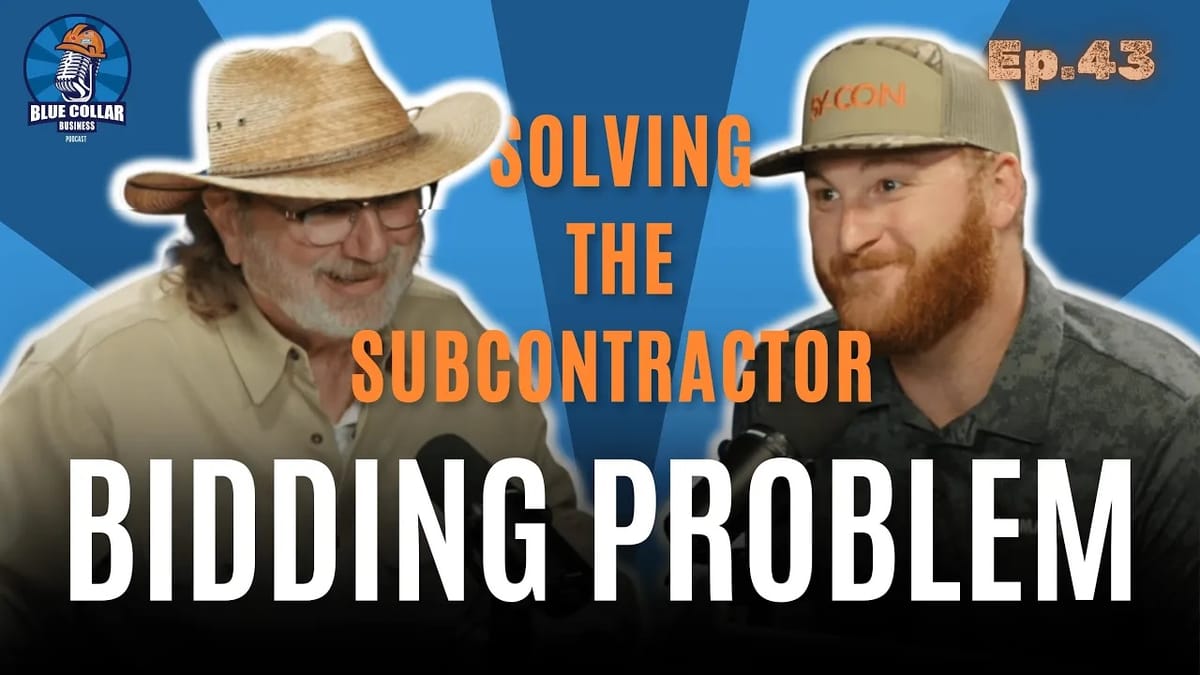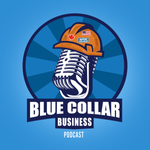Mark Zweig takes us on a remarkable journey through his multiple years in architecture, engineering, and construction, sharing candid insights about the industry that few are willing to discuss.
From his early career in architecture firms to founding the Zweig Group (now in its 37th year), Mark reveals how his experience across multiple disciplines gave him unique perspective on the construction ecosystem. The conversation delves into his transition to design-build contracting and property development in Northwest Arkansas, where his team revolutionized downtown Fayetteville through high-quality renovations.
Perhaps most valuable are Mark's practical strategies for building a sustainable contracting business. He emphasizes maintaining an in-house carpentry crew as the backbone of operations, paying them consistently regardless of weather conditions, and developing strong relationships with reliable subcontractors. His approach to subcontractor management is refreshingly straightforward: avoid hard dollar bidding and pay immediately upon receiving invoices.
The discussion tackles the challenging relationship between clients, contractors, and engineers that plagues the industry. As Mark explains, "Developers hate soft costs" and "they think all contractors are criminals" – perceptions that create unnecessary friction on projects. He offers advice for navigating these challenges, stressing the importance of reaching a point where contractors can be selective about their clients.
Looking forward, Mark shares his thoughts on the growth potential of Northwest Arkansas while addressing challenges like infrastructure limitations and anti-development sentiment. He closes with an optimistic outlook for skilled trades, asserting that, unlike many white-collar professions, trade skills cannot be replaced by AI and offer both financial and personal satisfaction.
Blue Collar Performance Marketing
Click the link above for a free marketing audit with insights to boost your blue collar business!
PodcastVideos.com
Put your show in front of audiences that care with PodcastVideos.com's wide range of podcasts!
Disclaimer: This post contains affiliate links. If you make a purchase, I may receive a commission at no extra cost to you.
Follow and stay connected:
Never miss an update—follow, subscribe, and join the conversation!
More About this Episode
The Power of the Design-Build Model
In the traditional construction process, you often see a design-bid-build approach: an owner hires a designer, the plans are created, and then contractors bid to build the project. On paper, this makes sense. In reality, it creates a fractured chain of accountability.
What Mark Zweig emphasized and what many of us in the dirt know already is that design-build flips that. It brings contractors to the table early and aligns everyone toward the same outcome. When contractors, engineers, and architects collaborate from the beginning, things get done smarter, faster, and more affordably.
Raising the Role of the Contractor
If you're a contractor trying to compete with larger GCs or looking to move into commercial work, Mark gave a solid piece of advice: Don’t hard bid if you can avoid it.
Let that sink in.
Hard bidding forces you into a race to the bottom on price, often before you even know the full scope of the project. It’s a volume game that kills quality and burns good companies out of business. Instead, Mark stressed the value of building trust-based relationships where you don’t have to undercut yourself just to get in the door.
He shared stories from his own real estate and construction ventures in Northwest Arkansas, where his carpentry crew was the backbone of his success. They weren’t the cheapest, but they were consistent, reliable, and skilled.
The Cash Flow Crisis No One Talks About
One of the most gut-level discussions we had was about cash flow in commercial contracting. As I shared, I went from consistent residential work to chasing big commercial contracts, and I got hit with 100+ day pay terms.
That almost sank me.
Mark didn’t sugarcoat it either. “You must survive first,” he said. “You have to get to the point where demand exceeds your supply, or you’ll always be at the mercy of bad clients.”
That means balancing the book of business. You can’t live entirely off commercial work if you don’t have the line of credit to carry those receivables. And if the banks won’t help you scale because you’re “too small,” you need to keep your costs lean and your cash flow tight.
Cash Flow Tips for Subcontractors:
- Get paid fast: Build relationships where your invoices are respected.
- Don’t overextend: Know your margins on every job.
- Balance your work: Keep a mix of residential (cash) and commercial (volume).
Engineering Isn’t Always Right, And That’s the Problem
In too many projects, the civil engineer draws a set of plans that haven’t been vetted against field realities. As contractors, we find the mistakes, but by then, we’re the last guy at the table expected to just “make it work.”
Mark nailed this issue head-on.
“The problem starts with clients who hate soft costs. They pay bottom dollar for engineering, and then you pay for it later when the drawings are wrong.”
He’s right. I’ve had engineers design entire subdivisions without ever walking the site. No topo, no utilities marked, no practical access. We catch these things, raise RFIs, and get ignored or blamed.
That’s why early involvement matters. A contractor who brings real-world insight to the design phase can save the owner time and money, while protecting themselves from absorbing those mistakes later.
Specialization Is the Secret Sauce
Not all engineers are created equal, and the same applies to surveyors, contractors, and tradesmen.
Mark pointed out that the best civil engineers for multi-site development are rarely the best at subdivisions, and those guys aren’t doing municipal utility work either. Specialization matters, and the most successful contractors lean into their niche.
If you’re trying to grow your business, know who you are. Don’t try to be everything to everyone. Be the best at your lane, and build a reputation for excellence.
The Northwest Arkansas Boom (and Bottlenecks)
We also talked in-depth about what’s happening here in Northwest Arkansas and what’s coming. From Mark’s perspective, there’s no doubt the region is booming. But there are real risks:
- Over-reliance on Walmart – If they falter, the ripple effects are massive.
- Anti-growth Sentiments – In cities like Fayetteville, red tape and slow development.
- Infrastructure lag – Cities like Gentry and Decatur can’t keep up with sewer demand.
Still, the upside is clear. People want to live here. The cost of living (while rising) is still lower than national averages. Crime is low. The area has culture, opportunity, and demand.
What’s Needed?
- Unified planning: Pipe standards, city permitting, and engineering processes need to sync across Benton and Washington counties.
- Trade support: Investment in high school trade programs, like Springdale’s heavy equipment program, is vital.
- Real partnerships: Cities and developers need to view contractors as collaborators, not commodities.
Contractor-Led Design-Build is the Future
We circled back to the future of the construction business. Where is it all going?
Mark believes the trend is clear: Contractor-led design-build is taking the lead. AE firms, while brilliant, often lack the operational chops and risk tolerance to lead these projects. That leaves the door wide open for strong, well-managed contractors to fill the gap.
IIf you’re a subcontractor working in grading, underground utilities, carpentry, or site work, focus on building your management capacity. Know your costs. Master scheduling. Build a team. And then? Take the lead on projects.
I asked Mark what he’d say to the guy or gal in the trades, beat down by bad clients, rain delays, and slow pay:
“You’re not going to be replaced by AI. Your work is real. It matters. And you’ll find more satisfaction than the guy pushing paper in a cubicle.”
That hit me hard because he’s right.
If you’re out there building, digging, grading, wiring, welding, framing, you are the backbone of this economy. You’re not a commodity. You’re a creator.
So, if you’re stuck right now, keep moving. Keep building. Keep learning. And build your business to a point where you can say no to the wrong jobs and yes to the right ones.
Because that’s when things really start to change.



Member discussion: